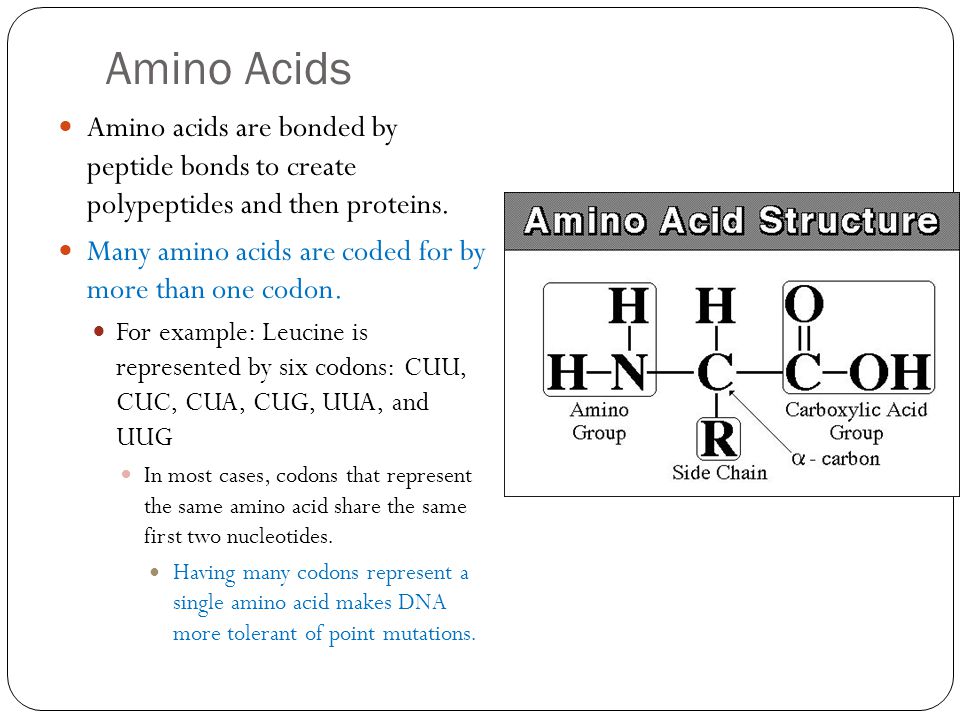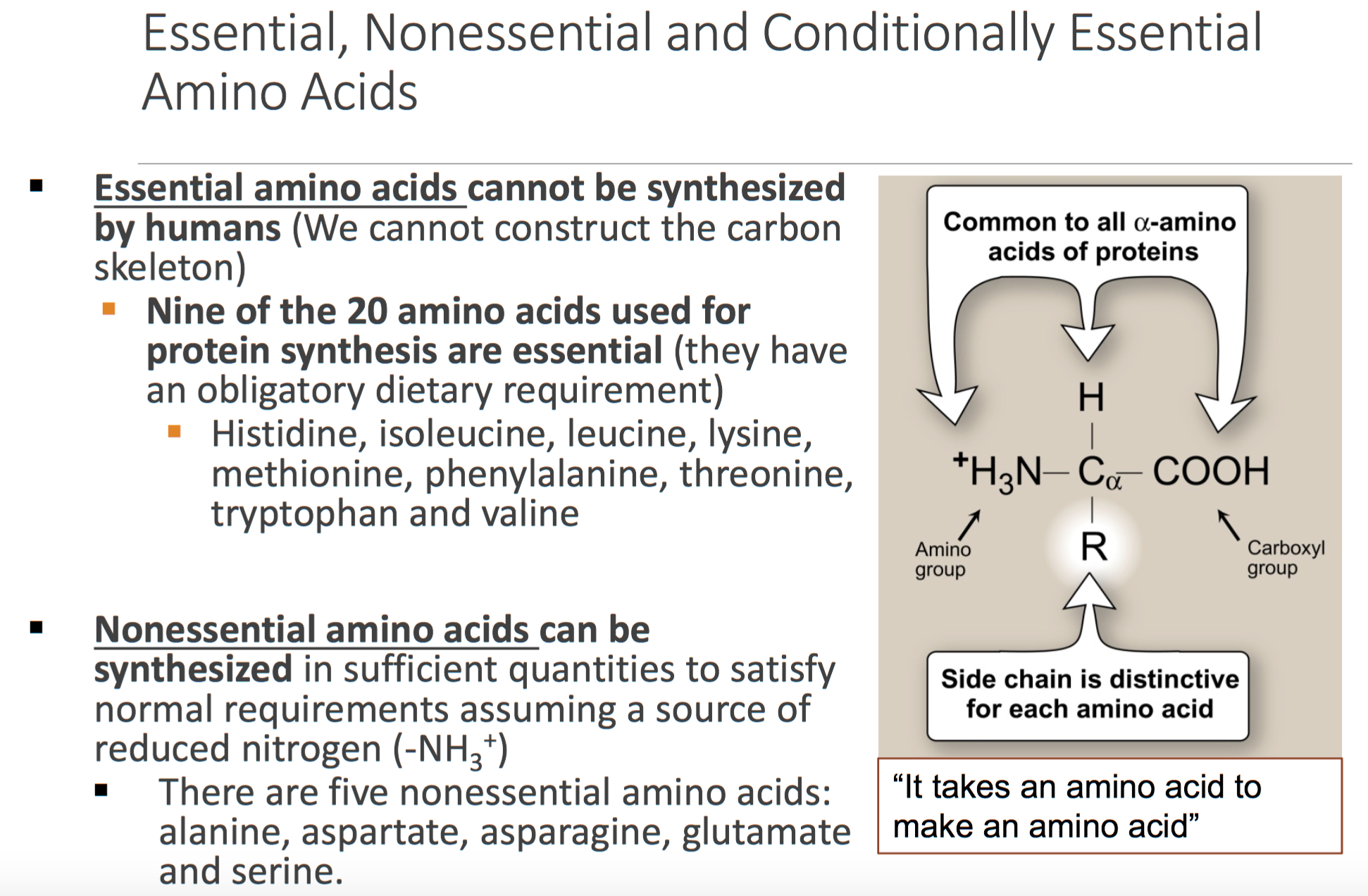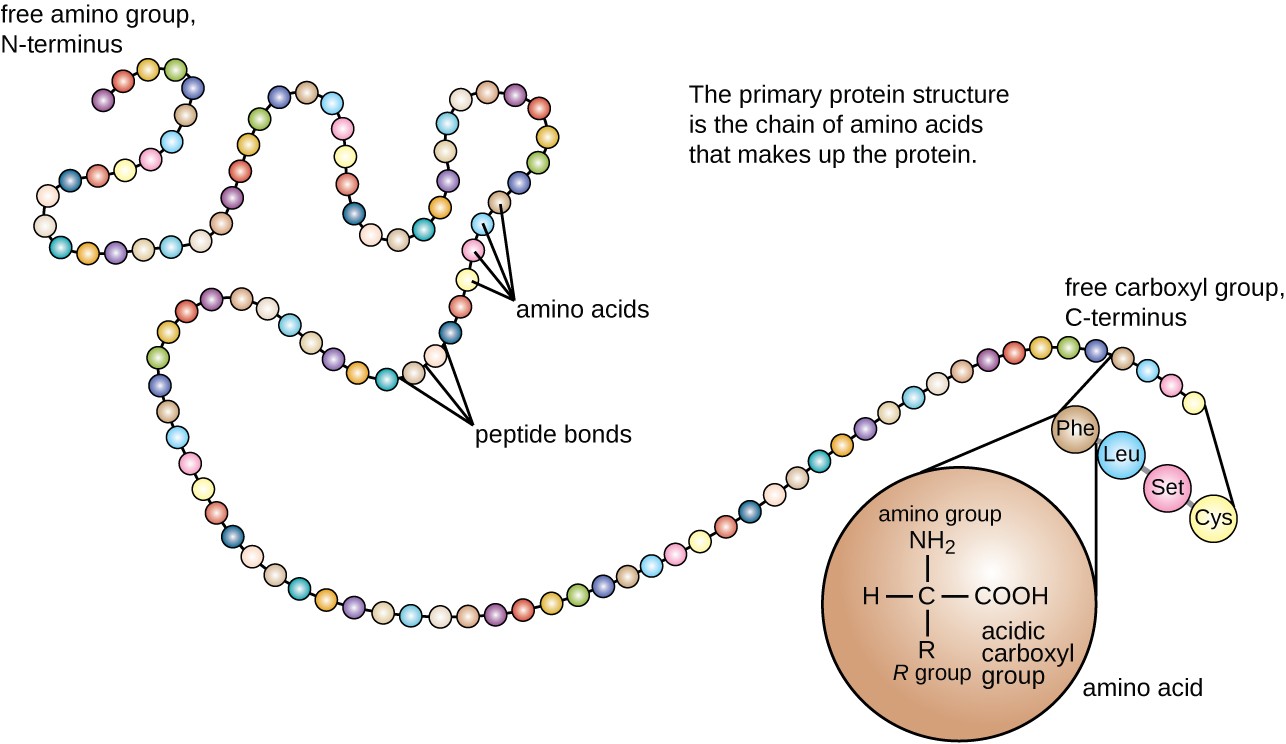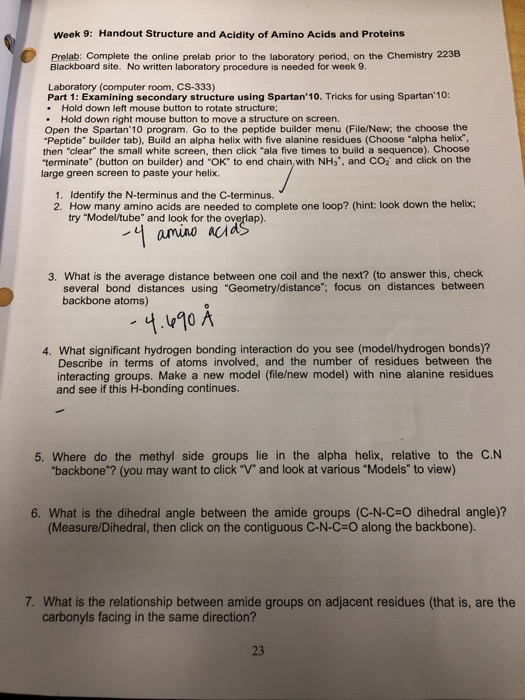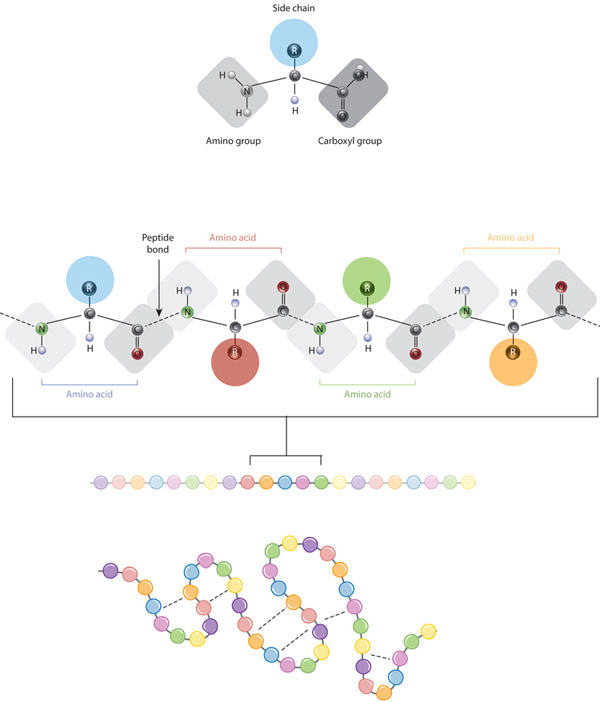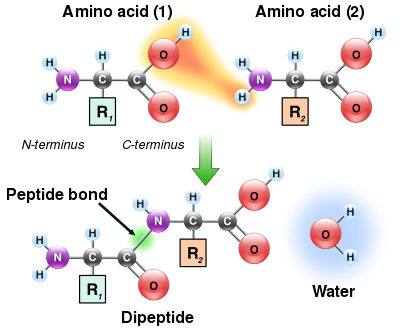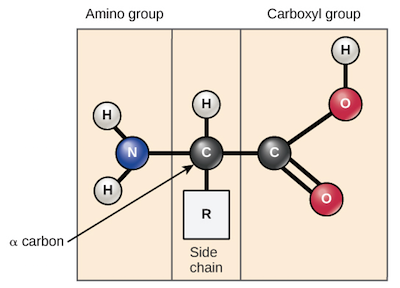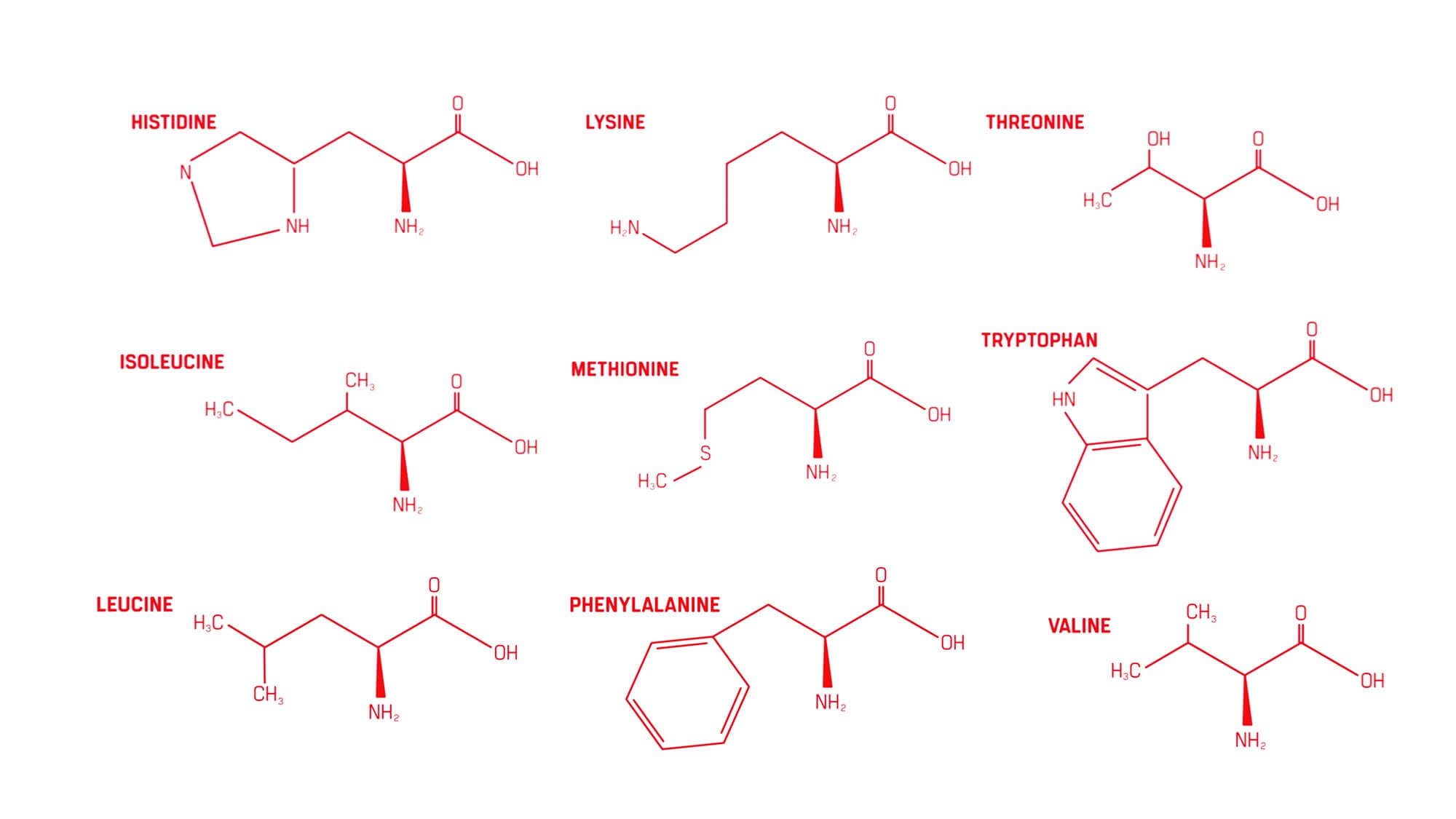How Many Amino Acids Are Needed To Make A Protein
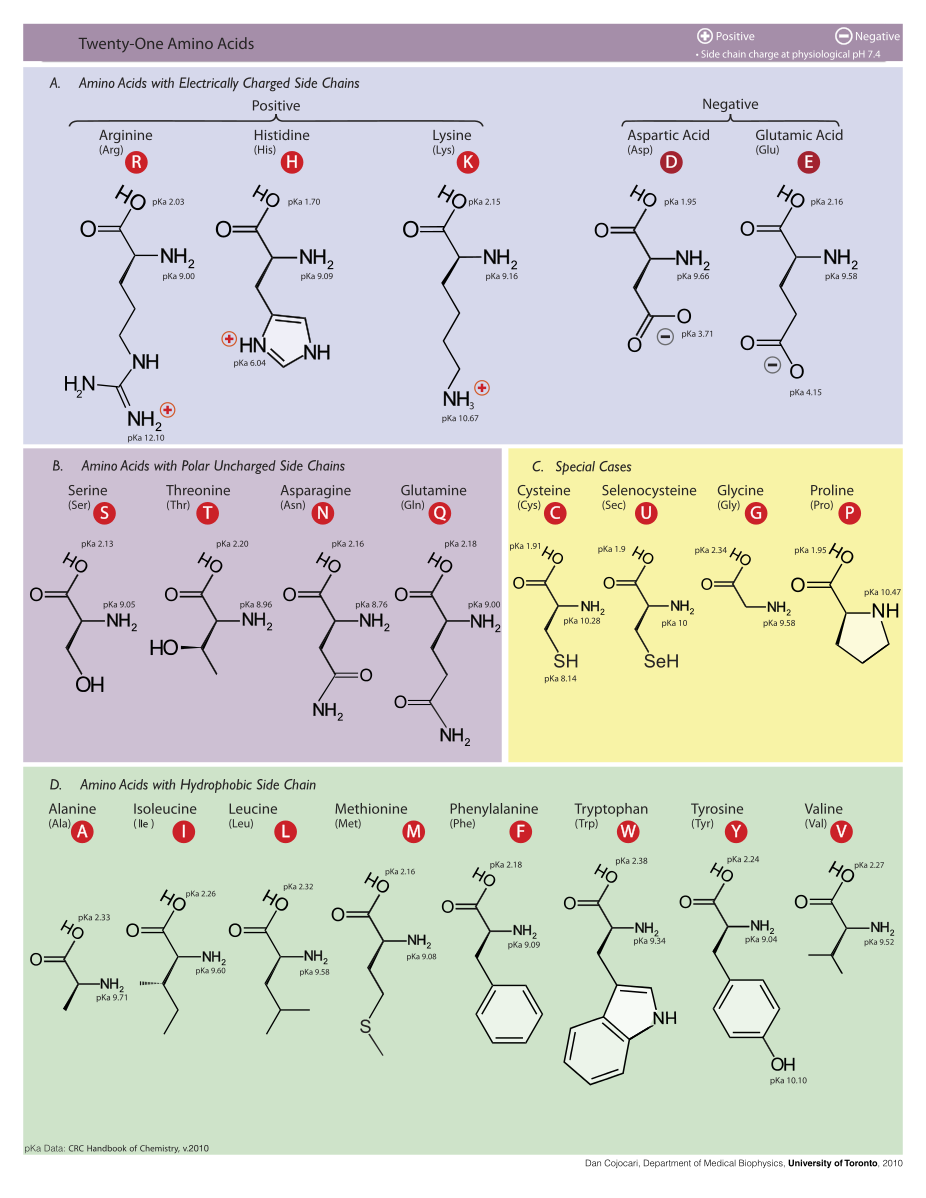
Three of the nine essential amino acids leucine isoleucine and valine comprise 35 percent of our muscle protein.
How many amino acids are needed to make a protein. Your body needs all of them to varying degrees. Protein sources derived from animals are always complete whereas plant sources. Insects are a source of protein in many parts of the world. It is not unheard of to have such large proteins but they pose a lot of challenges of their own.
There is no set number of amino acid residues required to make a protein. Lysine for instance contributes to. If you re on a mission to get swole the aptly named essential amino acids are indeed essential. All 20 amino acids are needed to make proteins and of these can be synthesized in your body and are thus nonessential.
On a worldwide basis plant protein foods contribute over 60 of the per capita supply of protein. These three key players are branched chain amino acids bcaas and they re especially important. Because amino acids can be arranged in many different combinations it s possible for your body to make thousands of different kinds of proteins from just the same 21 amino acids. Think of it like a vegas buffet of protein for the cells.
Although your body can manufacture many of the 20 amino acids necessary to make proteins it can t make them all. A 1000 amino acids is very long protein wise. You may see books that say there are only 20 amino acids. The amino acid pool in the bloodstream readily trades with the amino acids and proteins in our cells provides a supply of amino acids as needed and is continuously replenished.
In parts of africa up to 50 of dietary protein derives from insects. Those your body can t produce called the essential amino acids must come from the. The human body uses just 21 amino acids to make all the proteins it needs to function and grow. Anything below 30 40 amino acids cannot be called a protein and i would not call anything longer than 75 80 amino acids a peptide even though it really is a polypeptide.
It plays a major role in detoxification and metabolism in the body. This pool is a storage reserve of amino acids that circulate in the blood. Upon ingestion protein is broken down into amino acids. Glutathione is the smallest functional polypeptide composed of only glycine glutamate and cysteine.
It is estimated that more than 2 billion. In north america animal derived foods contribute about 70 of protein sources. Protein occurs in a wide range of food.

